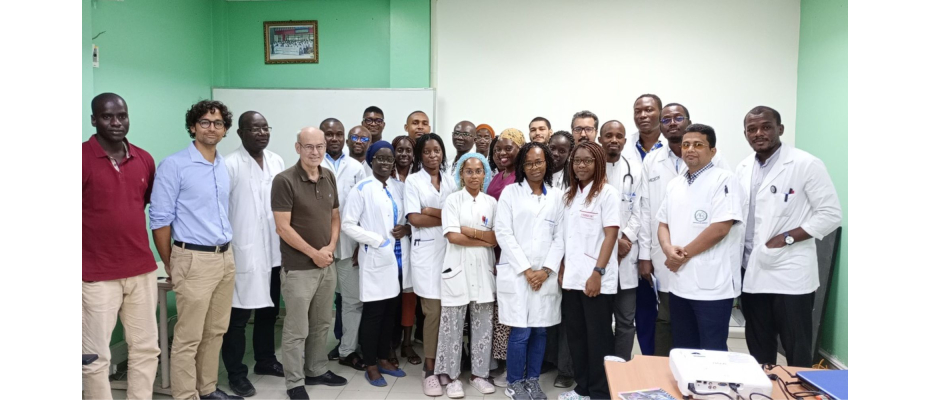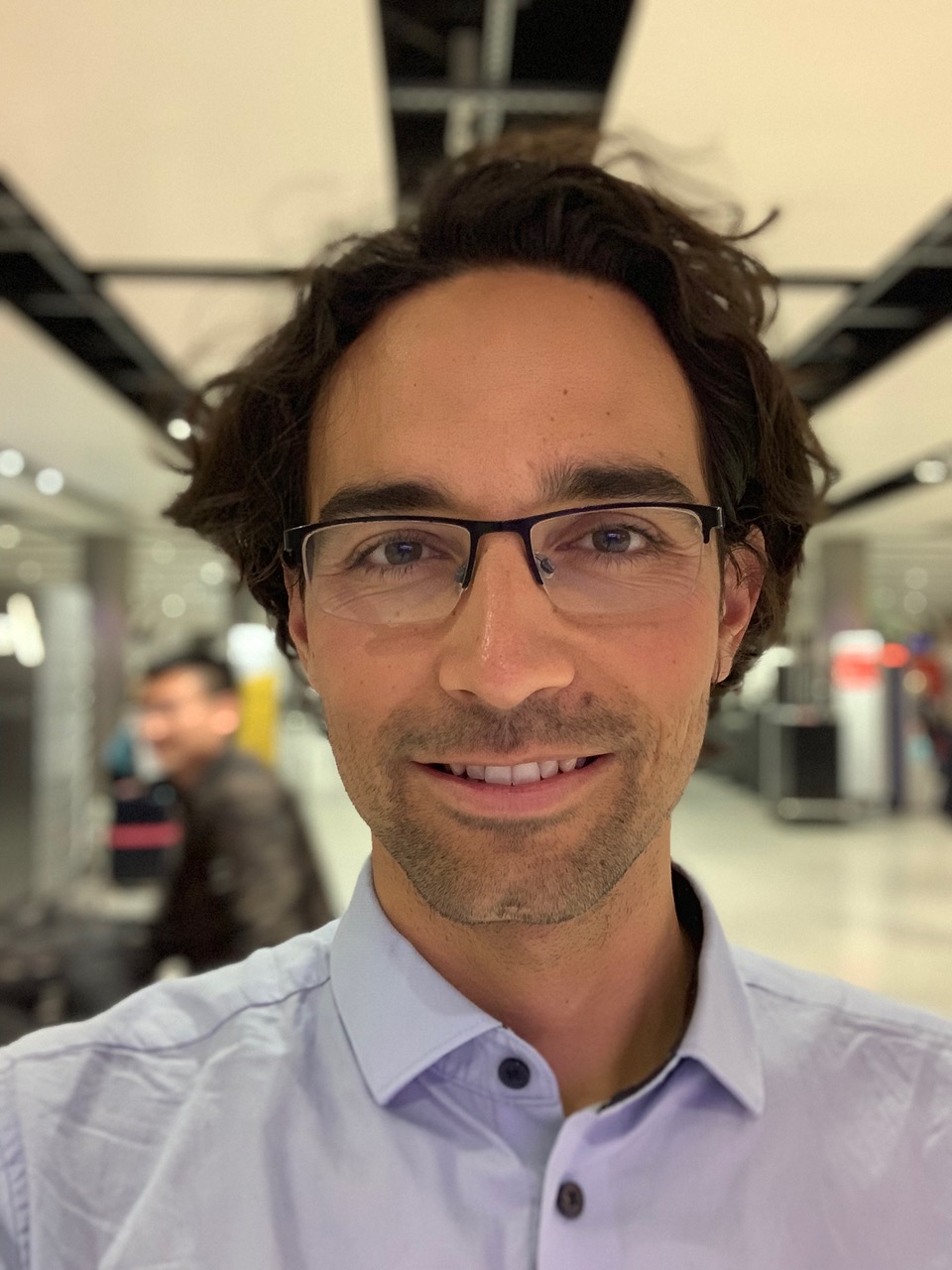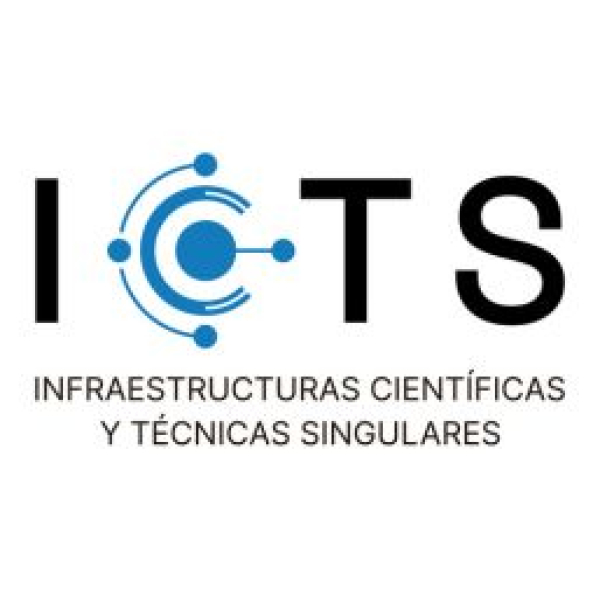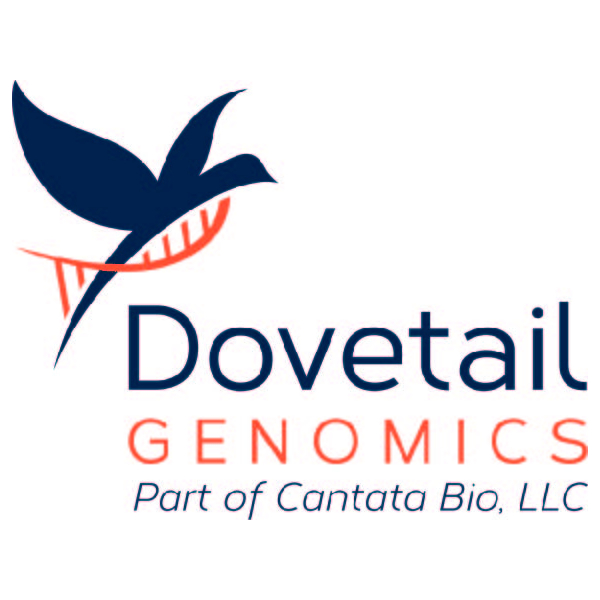
Pedro Rodríguez (MD, DPhil), Neurologist and Clinical Genomics Specialist at the Bioinformatics Unit at CNAG, has been awarded "The President's Prize for the Emerging Myologist of the Year", a prestigious honor from the World Muscle Society. This award recognises his exceptional contributions to neuromuscular disorders research, particularly through his work in Africa, specifically in Senegal.
One of Rodríguez's most important contributions is the Senegene Project, a genomic partnership between the University of Dakar and CNAG. Launched three years ago, this project is one of the pioneering efforts to tackle the knowledge gap on rare diseases in Sub-Saharan Africa. Despite being the most genetically diverse continent, Africa is significantly underrepresented in human genetic research, with only 0.21% of global genetic data coming from African populations. Given the projected population boom in Sub-Saharan Africa by 2050, addressing this disparity is crucial.
In collaboration with Clinicians in Dakar, Senegal, Senegene employs cutting-edge genomic technologies from CNAG and cloud-based platforms like CNAG’s Genome-Phenome Analysis Platform (GPAP) to deliver precise diagnoses for patients and families with rare neurogenetic disease. The main objectives of the project include: i) increase the number of patients receiving a precise genetic diagnosis and to use these findings to improve care management plans and genetic counselling; ii) map the clinical landscape of genetic diseases in Senegal to understand how population genomics influence the epidemiology of genetic disorders between Africa and Europe. Notably, genetic diseases prevalent in European populations, such as myotonic dystrophy, FSHD, and CMT1A, appear to be rare in Senegal, highlighting the need for region-specific research.

Senegene has also a strong gene discovery component leveraging clinical data and multiomics approaches to unravel novel genetic disease and molecular in underrepresented populations. To date, the project has enrolled more than 1,000 study participants from 400 families, with 73% being pediatric. So far, the team has successfully provided accurate diagnoses for over 50% of the patients.
Pedro Rodríguez's work exemplifies the power of international collaboration and the potential of genomic research to significantly impact healthcare in underserved regions like Sub-Saharan Africa.
In his own words: “Advances in genomic medicine, provide a unique opportunity to connect low- and middle-income countries with available resources and appropriate networks. Through these efforts, we can build capacity, develop local expertise, and advance global progress in rare disease research”.
Pedro Rodríguez is supported by "la Caixa" Foundation through the Junior Leader Fellowship program.











